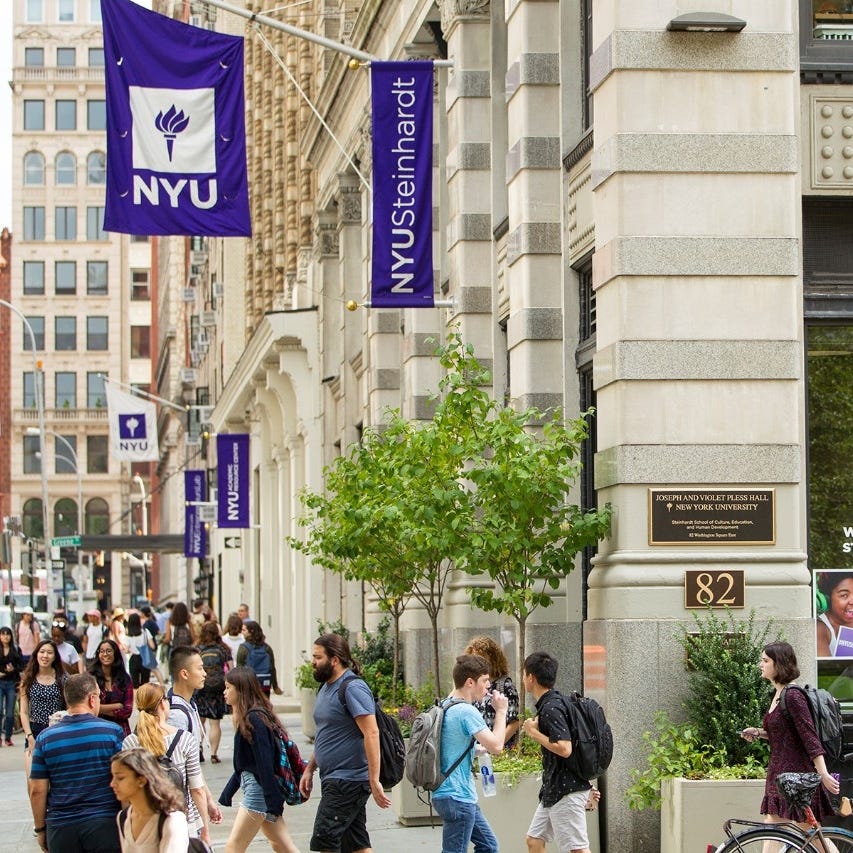An Uncomfortable Truth
Universities and their core values. Look beyond what they say, to what they actually do.
It can be difficult to stick to your principles when there’s money involved.
Mike Tyson famously said: “Everybody has a plan until they get punched in the face.” Well, America’s colleges and universities have been getting punched. Hard.
The U.S. government is now wielding financial threats and immigration policy (which also has financial implications) as weapons against institutions of higher learning. Colleges have had their federal contracts pulled. Visa sponsorships revoked. Investigations launched. Public shaming from the highest levels of political leadership.
These actions have the ultimate goal of… well, who knows?
But the punches are landing.
What may be more concerning is that these institutions—places that once prided themselves on protecting free speech and fostering hard conversations—are in many cases folding. As I noted above… it can be difficult to stick to your principles when there’s money involved.
This shouldn’t surprise us. America’s most prominent universities increasingly operate more like global corporations than centers of learning, and they’re led accordingly.
Don’t believe me? Using just one high-profile example from the news in the last week or so - NYU.
Leading their institution (the board of trustees) is -
• Evan R. Chesler, partner at prestigious Cravath, Swaine & Moore LLP, where profits per equity partner top $6.8 million
• Phyllis Putter Barasch, investment banker at Bank of New York
• William R. Berkley, billionaire founder of a Fortune 500 insurance giant and world’s ~300th richest person
• Kenneth G. Langone, venture capitalist and Home Depot co-founder
Does this sound like the board you would expect leading an institution of higher education whose mission is to “be a top-quality international center of scholarship, teaching, and research… [and] encompasses attracting and retaining outstanding faculty and students, fostering an environment of academic excellence, and contributing to the advancement of knowledge across various disciplines”?
We’ve not yet seen the end of attacks on higher education.
And we’ve not yet seen the end of actions by leaders in higher education who will fiercely protect their institution (read: financial means and reputation above the needs of any one, or group, of students).
Which brings us to our uncomfortable truth: if you’re a student—or advising one—you can no longer afford to take a college’s mission statement at face value.
Specifically, this means:
If you see yourself as an “activist” - whatever your cause…
If you are a member of a marginalized group…
If you have strongly held religious, ethical, or societal beliefs…
If you want to deeply understand, research, and debate…
If you want to do great things…
If you’d like to learn by doing, sometimes “learning the hard way”...
If you are just a curious young person and want to learn new things…
… in short, if you want to be a student in college today…
You need to look not at what colleges say, but what they actually do. The actions they take. Particularly when they are facing adversity.
Because in the end, the real test of a university’s values isn’t what’s written in its brochures or its website—it’s what happens when a powerful competing voice comes knocking.
And lately, that knocking has turned into pounding.




